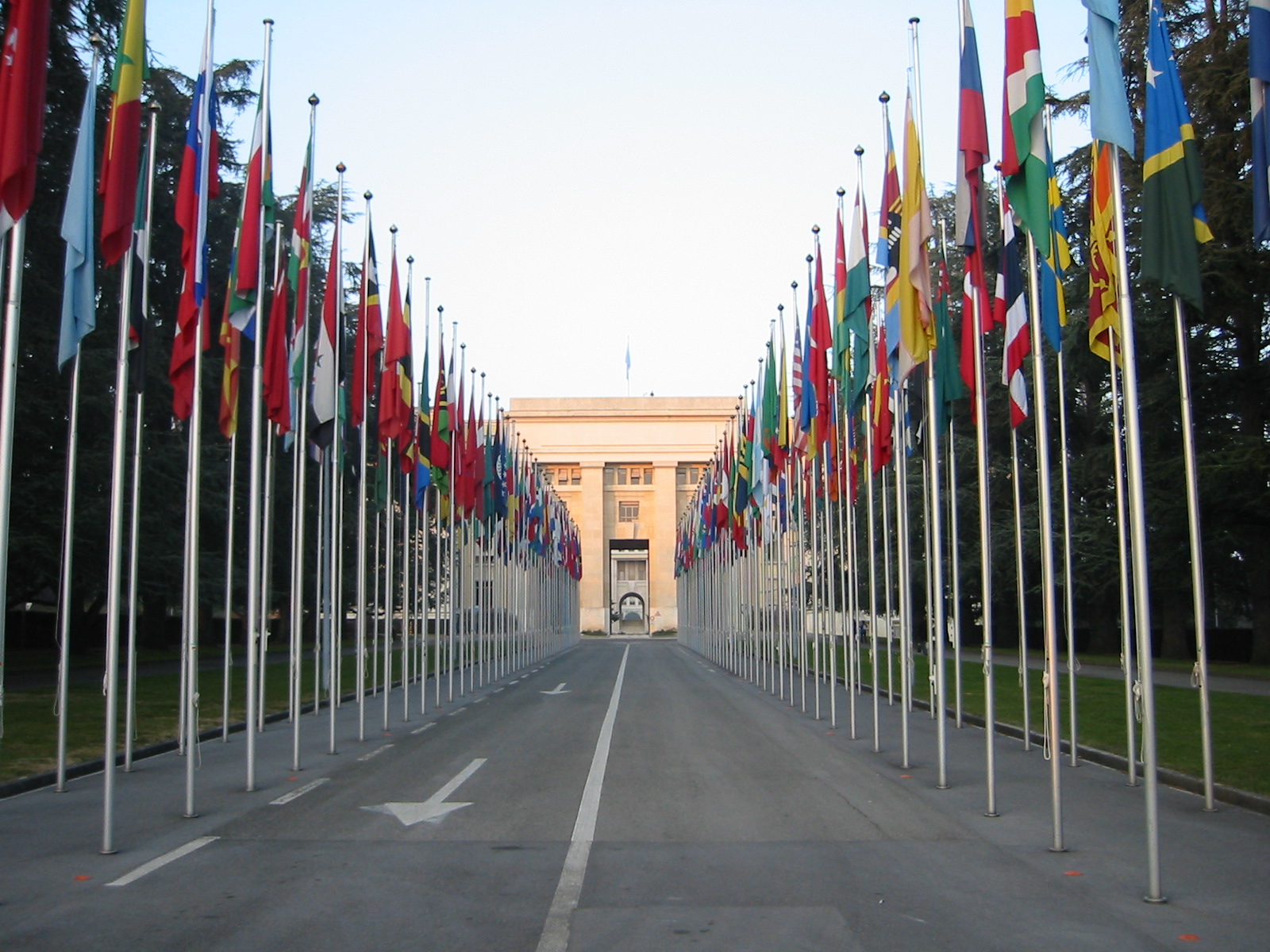The laws, policies and decisions of governments can have profound impacts on our lives. When they are at their best, governments can help improve everyone’s lives – they provide important infrastructures like hospitals and schools, set the conditions for inclusive communities to thrive in safety, and use policy settings and other levers to promote equality.
Unfortunately, governments are sometimes the source of tyranny and oppression.
Some of the worst human rights atrocities throughout history have been committed by States. Even when there are good intentions behind government policies and laws, States have been known to unduly infringe on rights and freedoms from time to time in most countries.
This is why we need various mechanisms and systems to ensure the principles of human rights – freedom, respect, equality and dignity – guide government decision making, laws and policies at all times.
International human rights law
International human rights law is agreed upon by countries from all around the world at the United Nations and it sets the benchmark for all States to meet.
When a State agrees to be party to a human rights treaty it is essentially making a promise to uphold those international human rights laws, but it is the State itself that is responsible for translating that promise into its own domestic laws and practices.
States have the responsibility to respect, protect and fulfill human rights for anyone within their territory or who may be subject to their jurisdiction, control or influence.
Different States have different ways of embedding and protecting human rights in their laws. Some make specific human rights laws – Charters or Bills of Rights or Human Rights Acts etc – others include specific protections into individual laws. Some States fail in this regard. They don’t convert the promises they have made on the world stage into tangible commitments at home.
This is one of the reasons why many human rights defenders, international human rights activists and advocates use the UN to highlight the failings of their government and seek to have other States encourage adherence to international law.
There are also other human rights protections such as regional courts like the European Court of Human Rights.
Given the extraordinary power held by our governments, it is essential that people and communities are free to actively engage with decision making processes and have avenues available to identify and challenge injustice and human rights violations.
If an individual can’t access local court systems or has exhausted all domestic avenues for redress, they can bring a complaint to various United Nations bodies.

